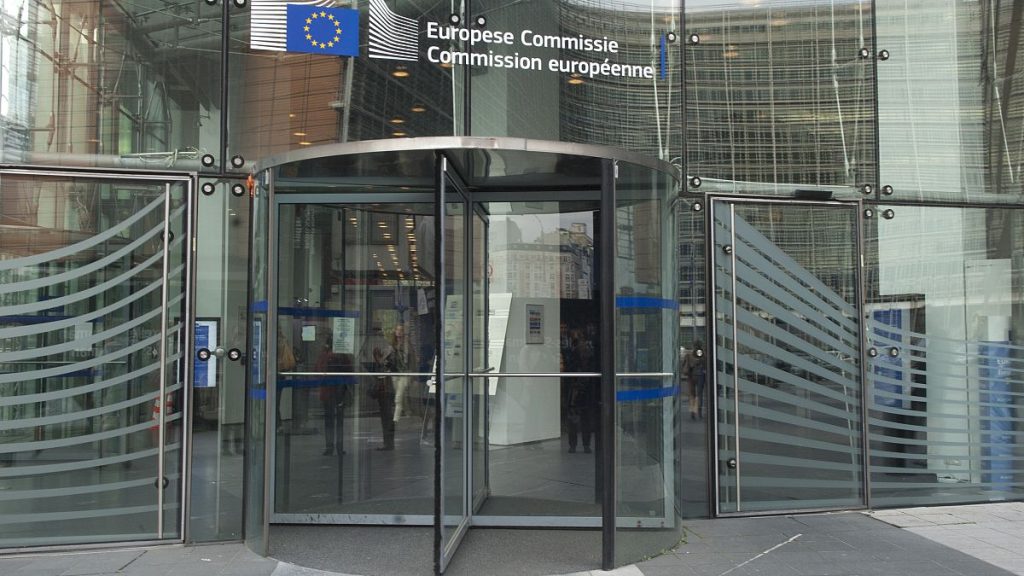The European Commission has declined to immediately release details regarding the restrictions placed on Henrik Morch, a senior official who recently moved from the Commission’s antitrust department to the law firm Paul, Weiss. This move has sparked controversy and criticism from EU Ombudsman Emily O’Reilly, who expressed concerns about the impact of such transitions on public trust and EU interests. Despite calls for transparency, the Commission has stated that they will disclose restrictions on Morch’s post-service employment in their next annual report, due in 2025, rather than immediately complying with O’Reilly’s request.
The departure of Henrik Morch from the Commission to a private law firm has highlighted the issue of the revolving door between public institutions and the private sector, and its potential impact on public perception and trust. O’Reilly’s report raised questions about the effectiveness of restrictions placed on former staff and their ability to prevent conflicts of interest. The Commission has stated that they are now requiring former staff to publicly declare that restrictions have been imposed, though the specifics of these restrictions will not be disclosed. These restrictions may include cooling-off periods, limitations on accepting certain clients, and prohibitions on working on specific legal cases from outside the Commission.
The move of a senior EU antitrust official to a private law firm, along with similar cases involving other high-ranking officials transitioning to the private sector, has drawn attention to concerns about conflicts of interest and the potential for insider knowledge to benefit private companies. O’Reilly has raised alarm at the lack of transparency and enforcement when it comes to regulating these transitions. As more members of the executive College of Commissioners are set to depart at the start of a new mandate, there will likely be increased scrutiny on where they choose to go next, raising questions about potential conflicts of interest.
The case of Henrik Morch is not the first instance of controversy surrounding the movement of European officials between the public and private sectors. Previous cases, such as that of Carles Esteva Mosso and Adam Farkas, have also raised concerns about conflicts of interest and the effectiveness of restrictions in place to prevent them. The 2016 move of former Commission President José Manuel Barroso to Goldman Sachs sparked significant criticism and prompted reforms to the Commission’s Code of Conduct. The issue of post-service employment for EU officials is likely to continue to be a topic of discussion and scrutiny in the future.
Despite calls for transparency and concerns about the potential impact on public trust, the European Commission has chosen not to immediately disclose the details of the restrictions placed on Henrik Morch’s post-service employment. While the Commission has stated that restrictions were imposed in a thorough and proportionate manner to prevent conflicts of interest, the specifics of these restrictions will only be disclosed in the next annual report. O’Reilly’s inquiries into these matters have not found instances of maladministration, but the controversy surrounding Morch’s move has highlighted broader concerns about the revolving door between public institutions and the private sector and its implications for public trust and EU interests.


